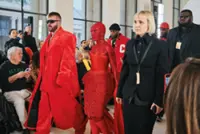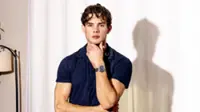There's a growing body of research on the impact of beauty filters on mental health across the world and the findings seem to align: the public dislikes them and fears their harmful effects on self-esteem.
A recent poll conducted in the US reveals that a significant proportion of the population would like to impose an age limit on their use, or even ban them outright.





